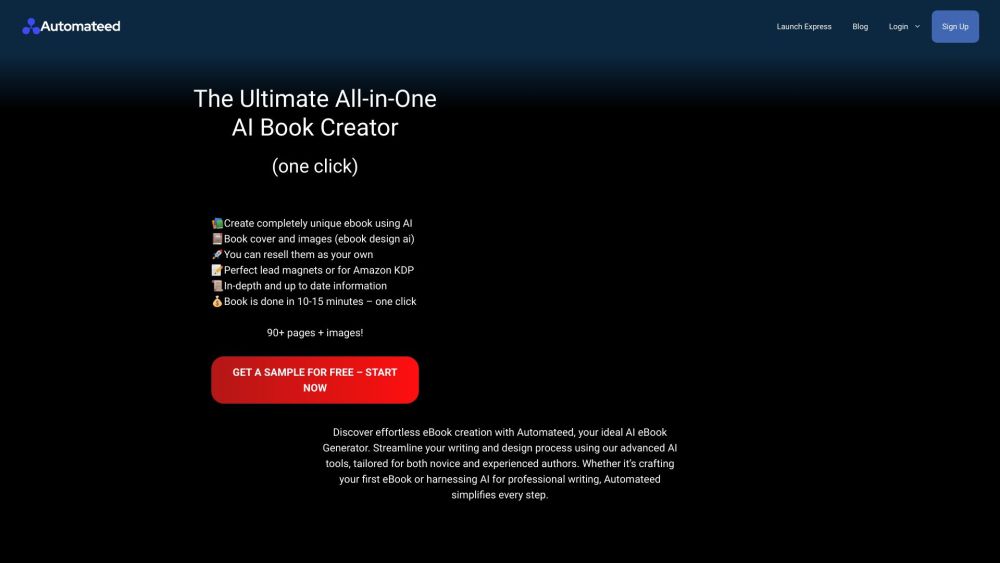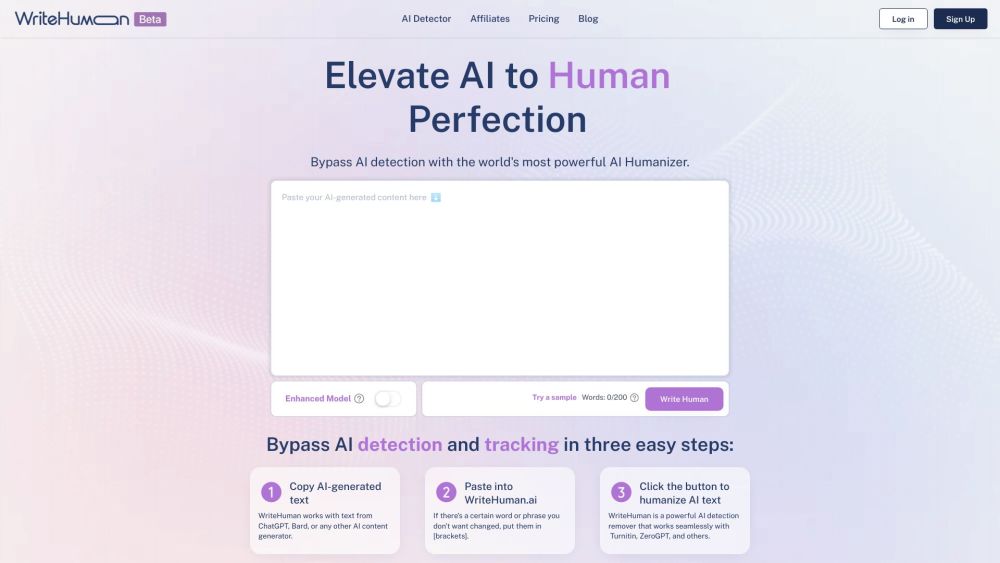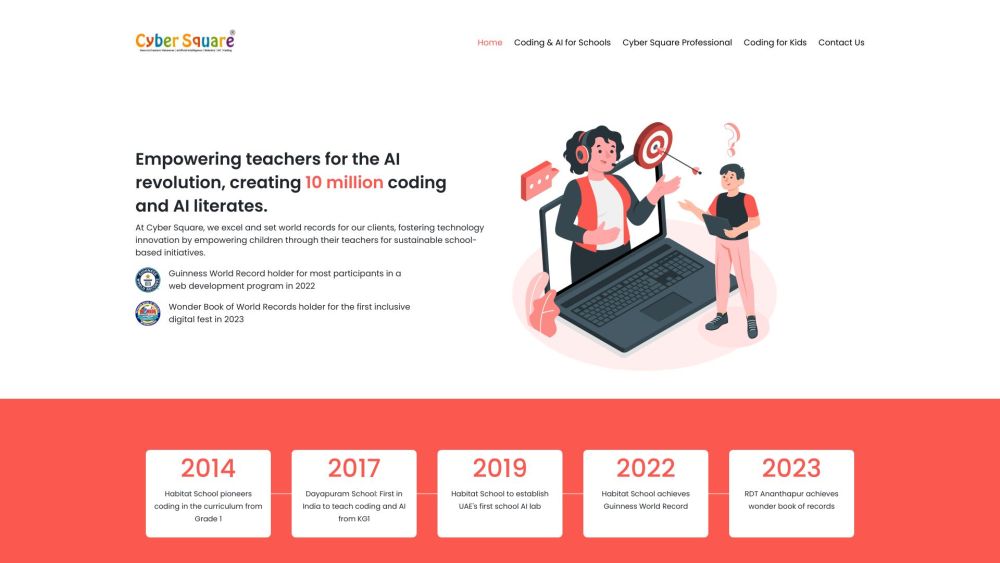In March 2023, shortly after OpenAI launched ChatGPT, Salesforce appointed its first Chief of AI to spearhead artificial intelligence initiatives across its platforms, including acquired tools like Slack and Tableau.
Salesforce selected Clara Shih, formerly the head of the Service Cloud business, for this pivotal role. Shih has a history with Salesforce, previously leading its AppExchange, and she founded the startup Hearsay Systems.
A Generative AI 'Aha' Moment
Nearly a year after her appointment, Shih oversaw the development of foundational AI layers at Salesforce, including Einstein Copilot, Copilot Studio, and Hybrid Search. Recognized as a leading figure in AI, she features on TIME’s 100 Most Influential People in AI 2023.
Shih’s awakening to the potential of generative AI came during a meeting in November 2021 with a delegation from Gucci amid the ongoing pandemic.
“I walked into Salesforce Tower nervously, wearing my mask,” she recounted. The Gucci team, which included its CIO and head of customer service, collaborated with Shih and Salesforce’s chief scientist, Silvio Savarese. They wanted 'high-touch, highly accurate' AI to enhance customer service interactions, making it clear they did not want a conventional chatbot experience.
“They didn’t want it to feel robotic. In fact, they outright dismissed chatbots,” Shih noted. Yet, like many brands during the pandemic, Gucci faced challenges such as remote work and reduced staffing.
During the meeting, Savarese introduced the concept of large language models, demonstrating Salesforce’s CodeGen—an open-source model with 16 billion parameters that had been evolving since 2018.
“That was the first time I ever heard of large language models, and I thought, ‘This can’t be real; it sounds like fiction,’” she said, reflecting on her initial skepticism.
Research Drives Generative AI Efforts
Salesforce's journey into generative AI began years before with ongoing research into large language models, even as their papers faced rejections from respected journals. Ultimately, the release of CodeGen propelled Salesforce’s ability to launch generative AI products post-ChatGPT’s popularity surge.
In March 2023, Salesforce unveiled EinsteinGPT, integrating its proprietary AI with models from OpenAI, aimed to revolutionize sales, service, marketing, and eCommerce experiences across its platforms, including Mulesoft and Tableau.
“People wondered how we accomplished this in just three months,” Shih explained. “The truth is, it was 15 months of work.”
The effort yielded results when Gucci became the first pilot customer for EinsteinGPT.
“Kudos to Gucci for embracing this seemingly crazy idea and agreeing to trial it,” Shih remarked. EinsteinGPT evolved into more than a staffing solution; it equipped Gucci’s customer service reps with AI coaching to enhance sales.
“These service reps became revenue generators,” she emphasized. They benefited from AI training instead of months of product training, enabling them to become effective brand storytellers.
ChatGPT Sparks Generative AI Adoption
Shih acknowledged that ChatGPT was a major catalyst for generative AI adoption in 2023.
“ChatGPT changed everything,” she noted. Suddenly, companies began treating generative AI as a top priority. By March, she found herself inundated with inquiries.
“I transitioned from seeking meetings about customer service AI to having to decline new opportunities and expand my team,” she recalled. Her schedule filled with numerous daily meetings, even on weekends, assisted by prior prototyping with Gucci.
However, Shih stressed the importance of staying adaptable. “AI is a moving target,” she said. “New research emerges frequently, yet we have to execute our initial plans, adapting as necessary.”
Innovation Frameworks for Success
To navigate this dynamic landscape, Shih employs Geoffrey Moore’s 'Zone to Win' framework, focusing on different horizons of innovation.
“We first prioritized delivering an immediately useful product,” she stated. This initial phase led to the launch of EinsteinGPT, tailored for various departments, including SalesGPT and ServiceGPT.
“By analyzing where bottlenecks existed, we identified mundane tasks AI could automate, freeing employees to focus on relationship-building and problem-solving,” she explained.
Horizon 2 involves a transformational approach, where AI is integrated into the core of every Salesforce Cloud product.
“It's not merely adding AI features; it’s about reimagining all of Sales Cloud and Slack as AI-centric platforms,” she elaborated.
Horizon 3 emphasizes ongoing experimentation and prototyping. “We’re developing smaller models specializing in specific domains instead of one overarching model,” Shih added.
Staying Engaged in AI Development
As an entrepreneur, Shih enjoys the fast pace of AI innovation at Salesforce.
“I returned to Salesforce to learn how to scale a business effectively,” she said, contrasting her previous experience at Hearsay with running a $5 billion enterprise.
To keep up with the evolving AI landscape, she dedicates time weekly to research and stays informed about the latest developments using generative AI tools.
“I have a system to summarize podcasts using generative AI, which helps me identify topics I want to explore further,” she explained.
Shih also attends AI hackathons and founder gatherings—events reminiscent of the explosion of interest in MarTech in the late 2000s.
“I recently attended a dinner that stretched five hours; it felt like the early days of starting my social media marketing company, where we exchanged groundbreaking ideas,” she remembered. “I usually don’t stay out late on weekdays with young kids at home, but it was an inspiring evening.”




